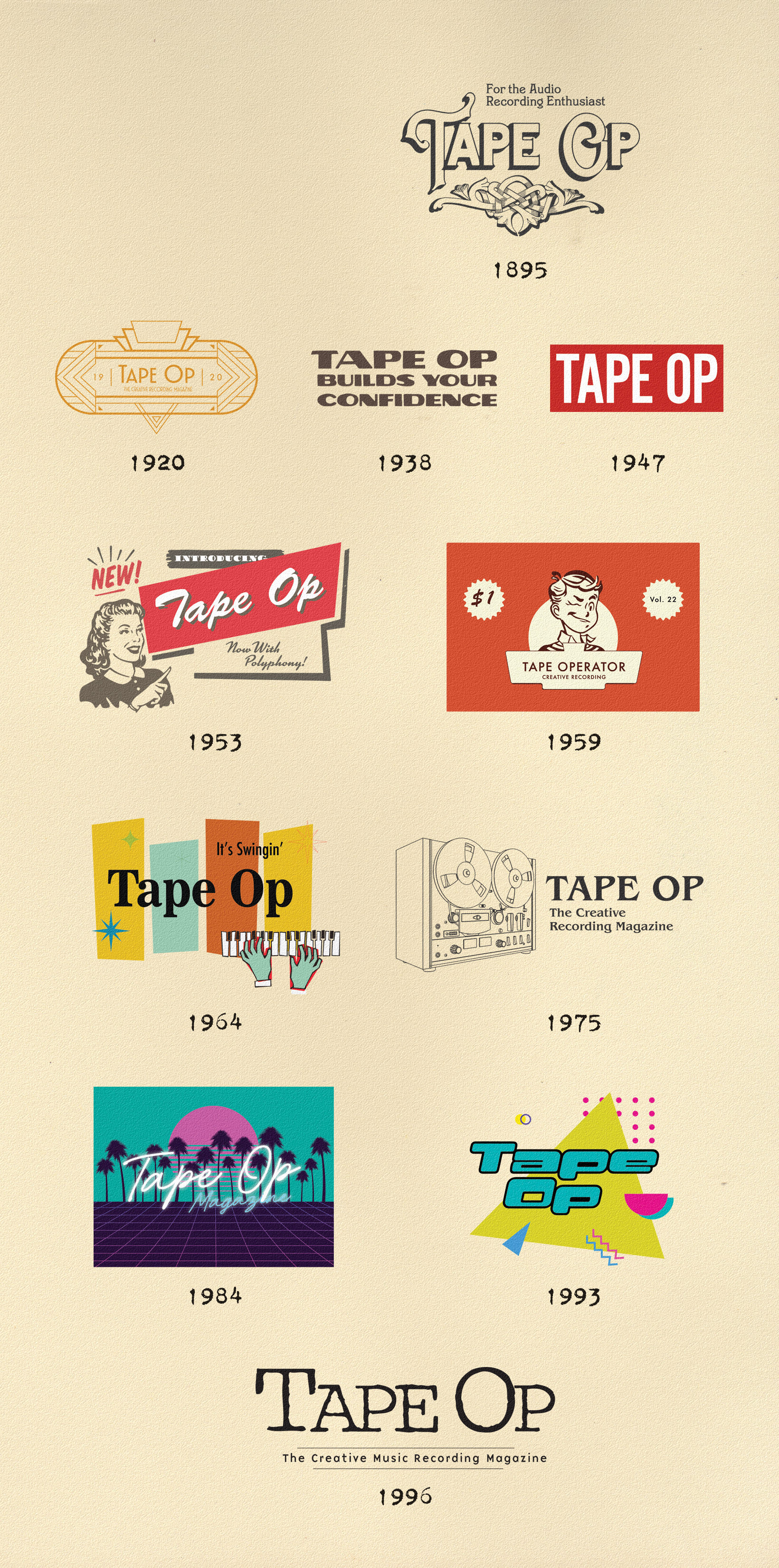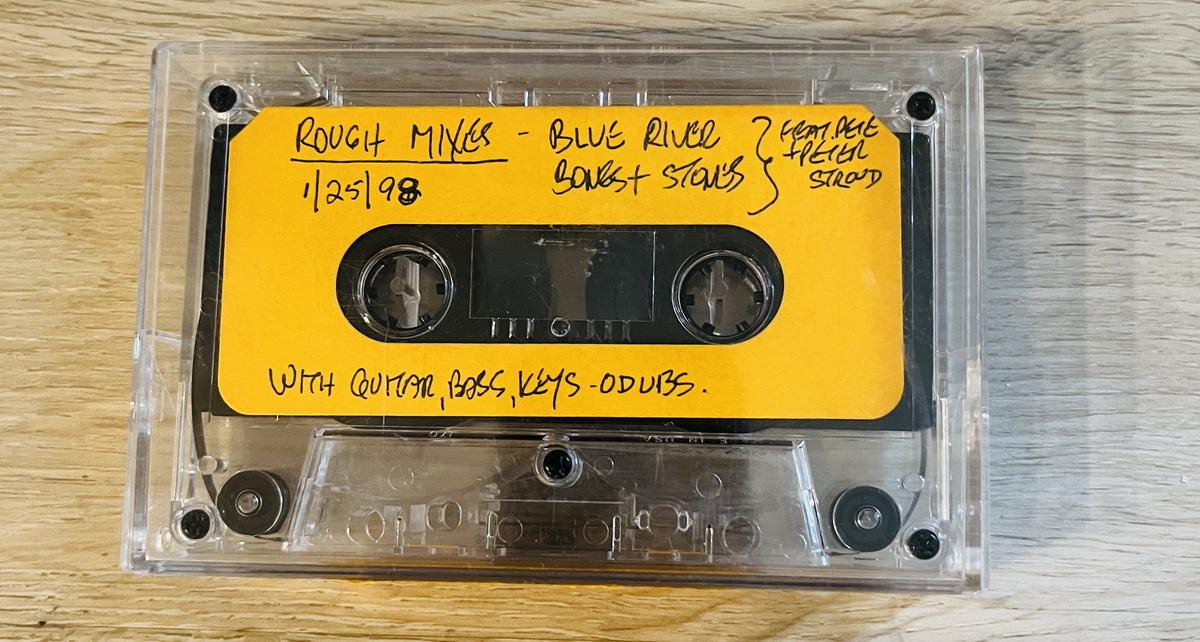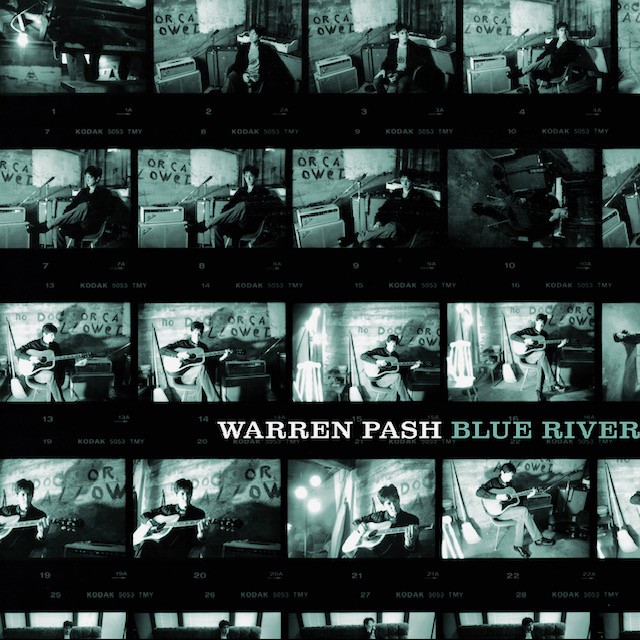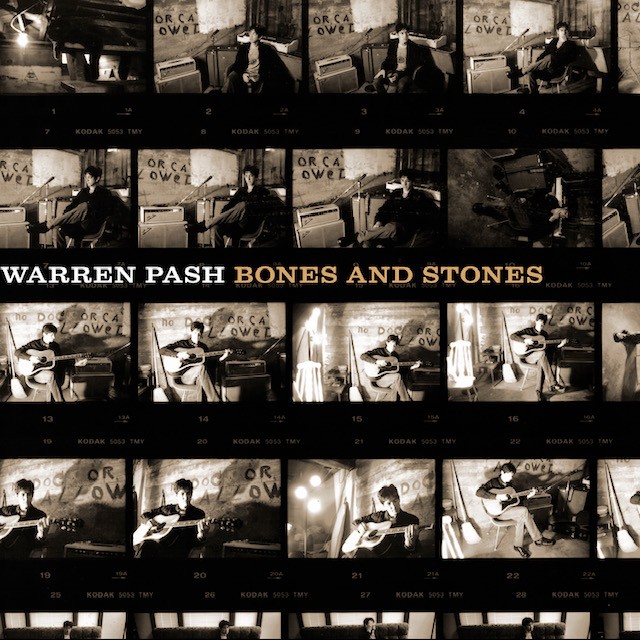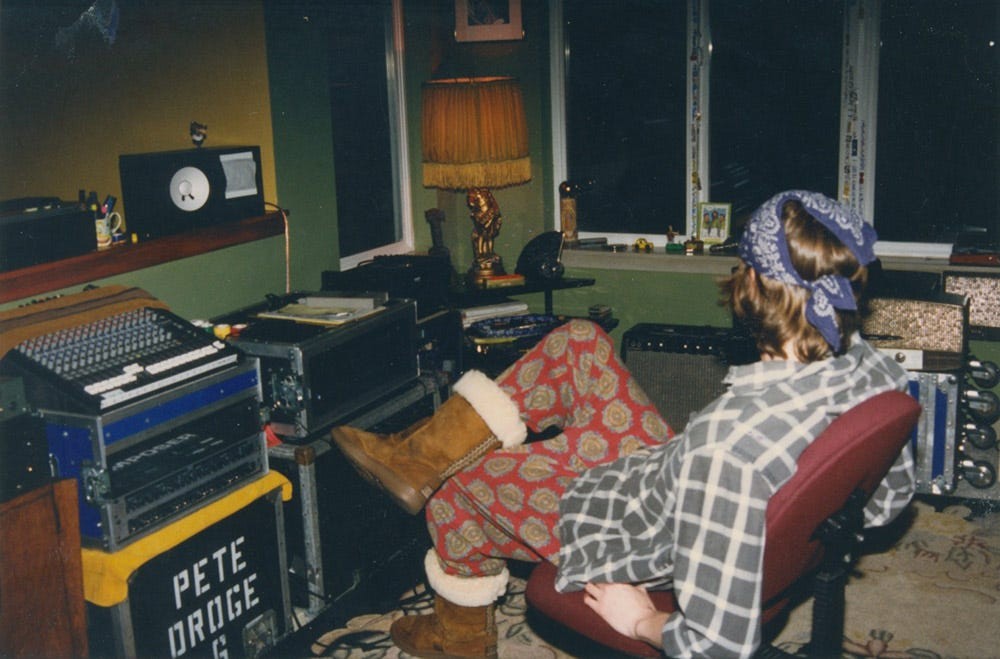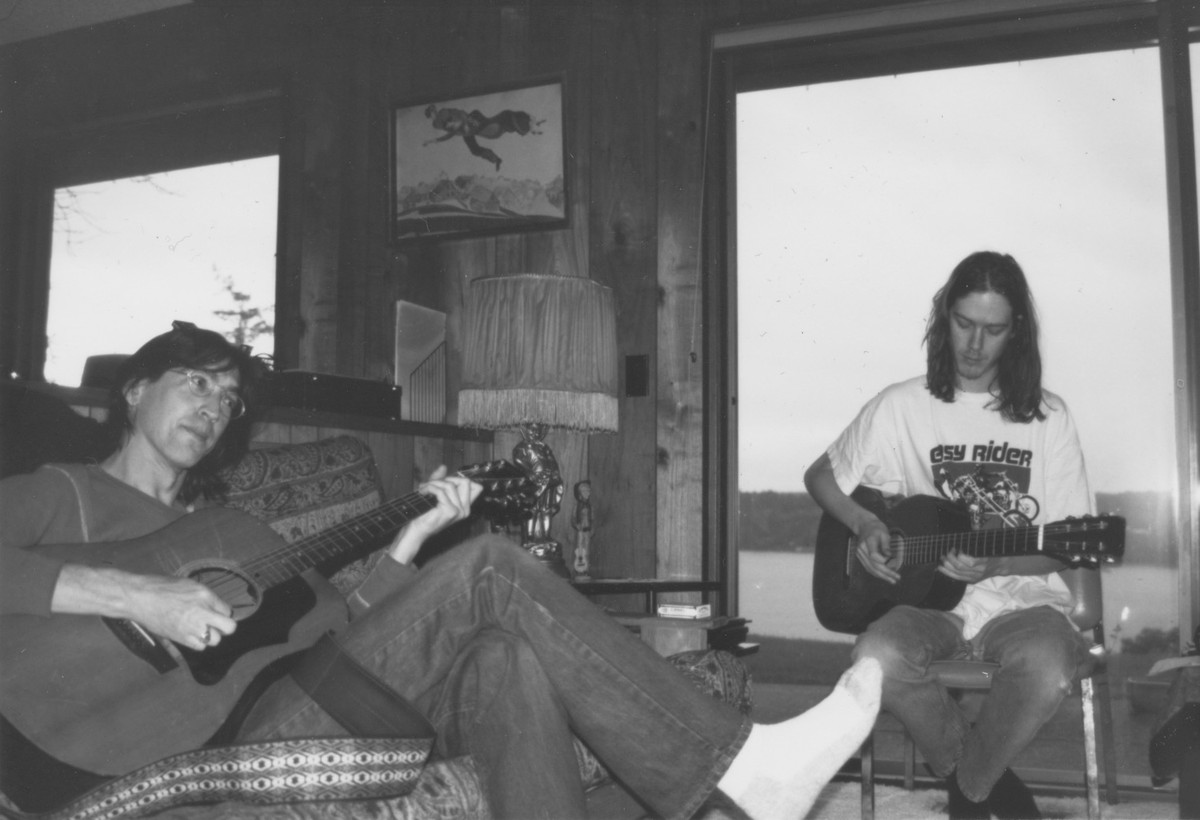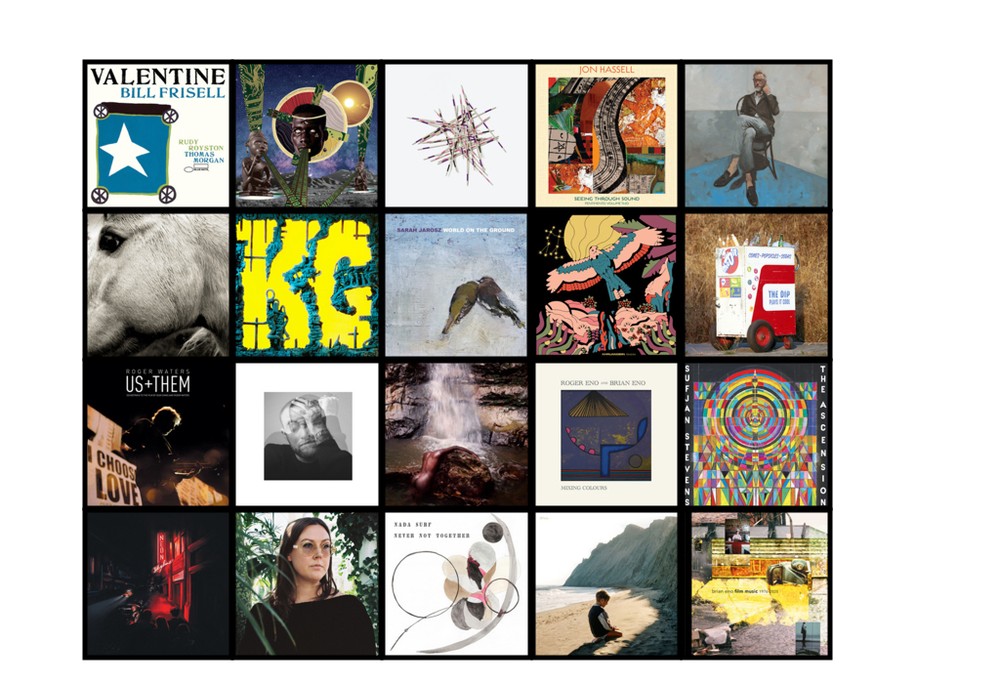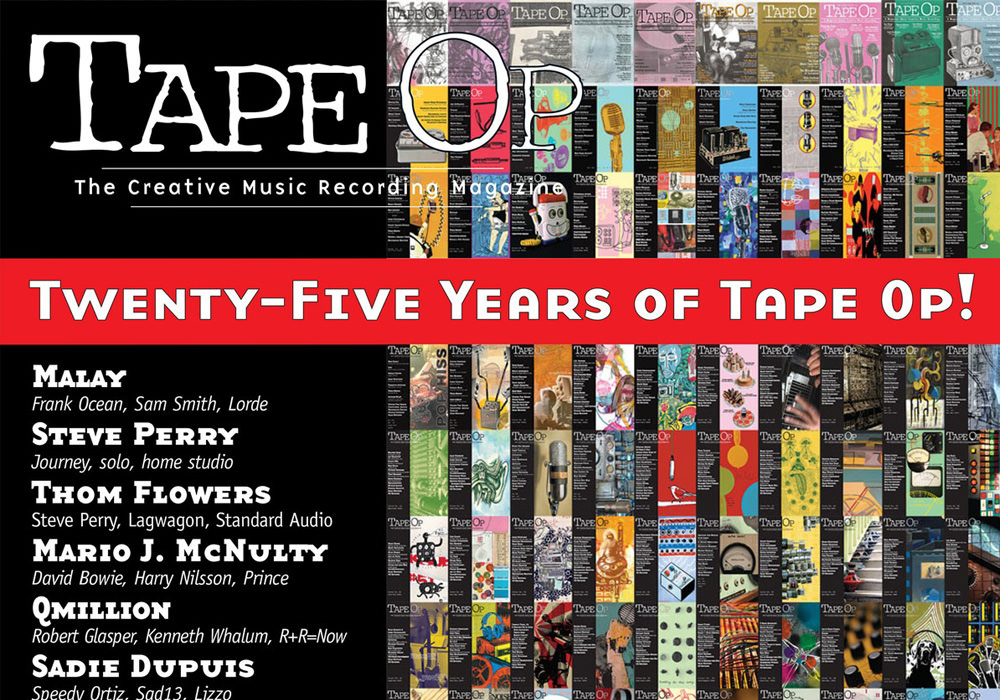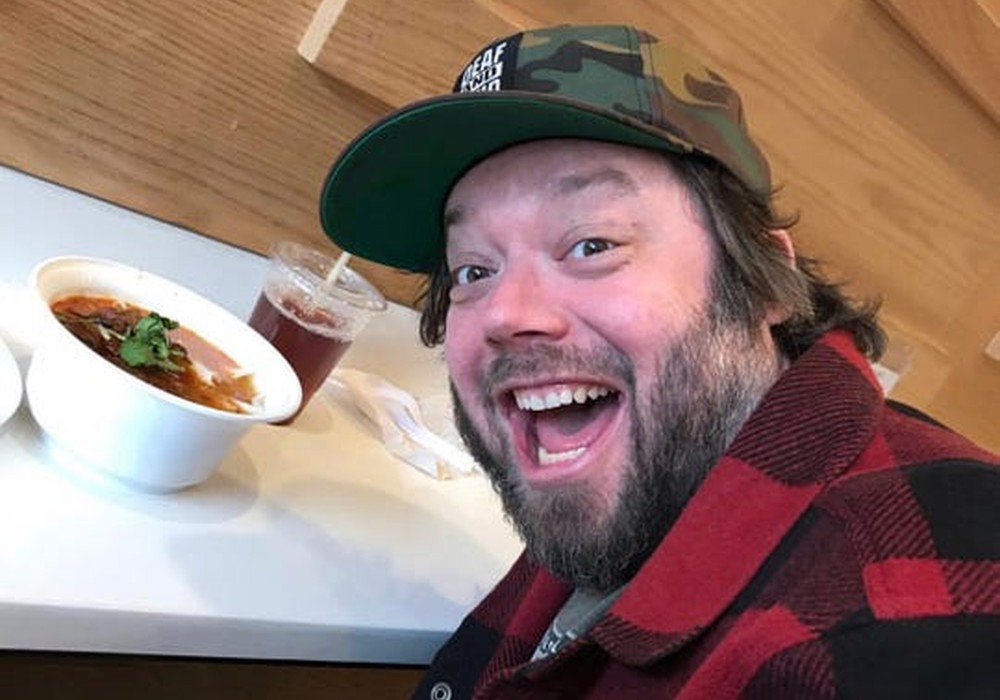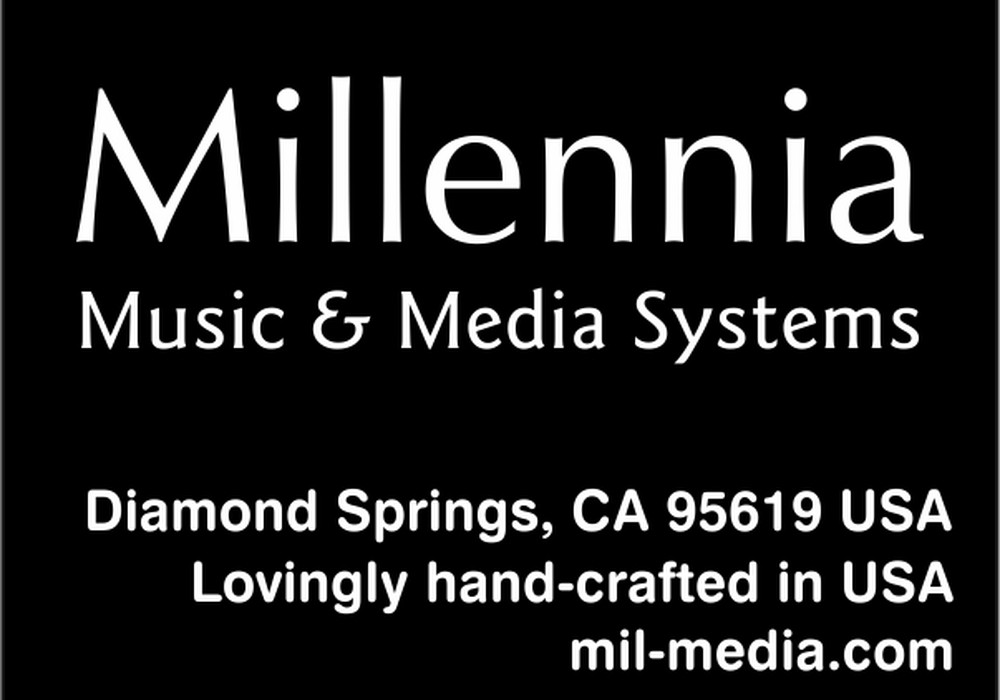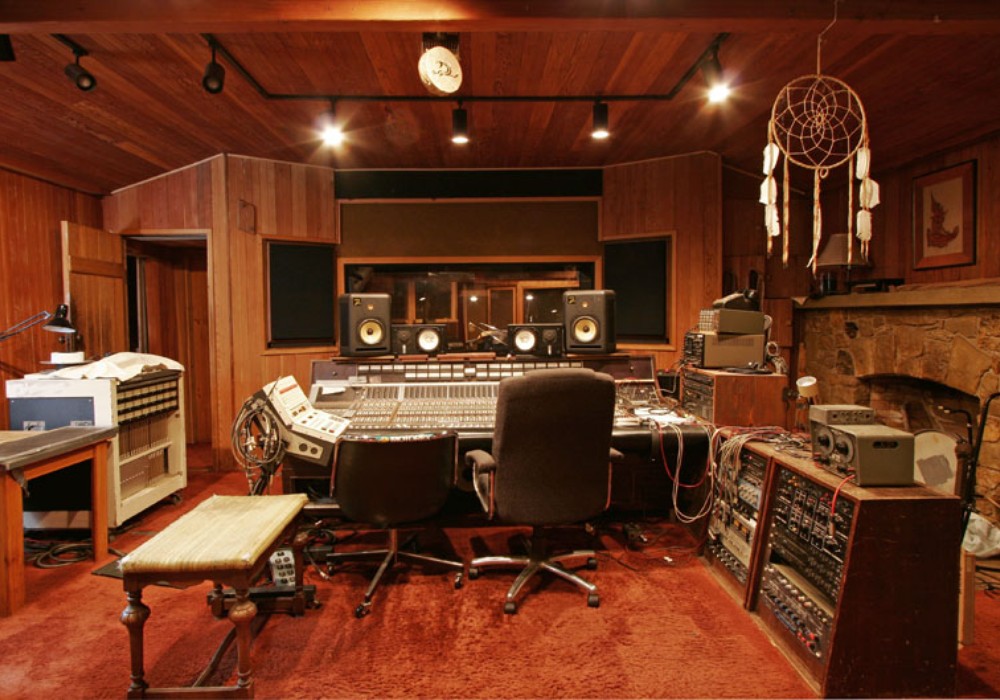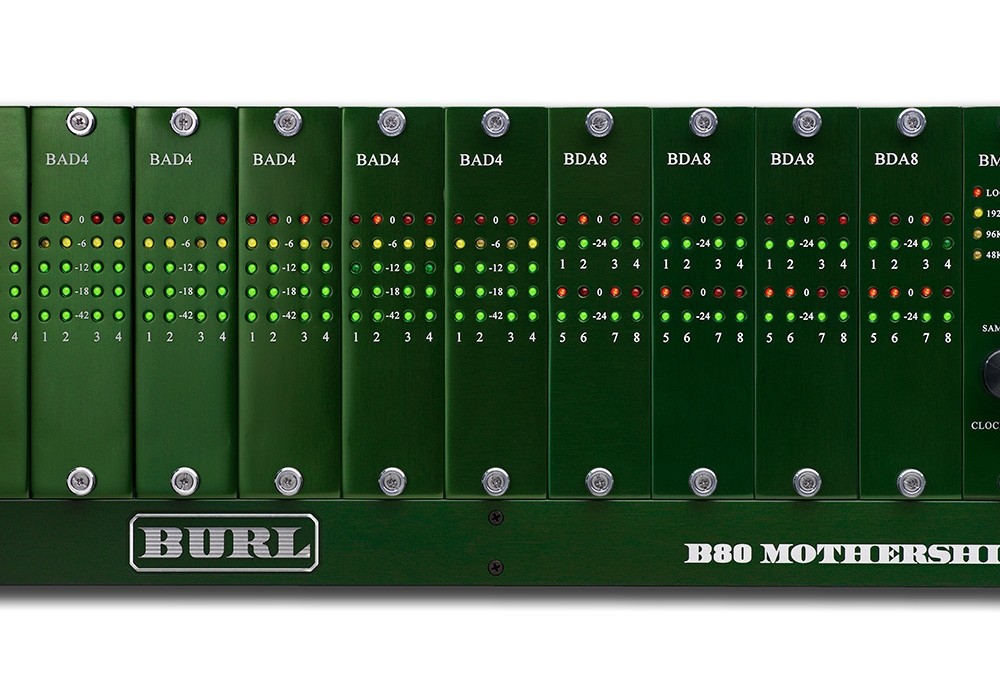By Pete Droge
Recently, I unearthed a cassette tape from a box labeled "late 90s." The spine read "Warren Pash at Got Wheels." The tape contained two Pash originals I produced, engineered, and mixed: "Blue River" and "Bones & Stones."
I immediately popped the relic into my TASCAM 112mkII and was blown away. First, by the groove, the songs, and performances, and finally, by the sound. I expected a mix from so many years ago to make me cringe, but these tracks knocked me out. While far from hi-fi, they had vibe for days. I immediately digitized and sent the songs off to Warren. He was as excited as I was. We were completely dumbfounded as to why we chose to let these gems sit in a box all these years. Why didn't we put them out? (A third song from the sessions, "Running for God,” was released on Warren's 2007 Plastic Rulers album.)
We spent the next few days buzzing on the phone. As excited as we were about the tunes, we had very few memories from the sessions that produced them. Thanks to Warren's datebook, we pinpointed the time. "Record at Pete's" appeared in late 1997 and early 1998. The book also provided us with our first personnel clue. On 03/29/98, it read, "Cash to Ben." That's Ben Smith, of Heart, who lent his percussion talents to "Blue River."
We continued to dig, especially curious to learn who else played on these tracks. We knew Warren played rhythm guitar and electric piano. I recognized my lead guitar and keyboard overdubs, but that slide guitar was way above my pay grade. Same with the electric 12-string arpeggios. They both sounded a lot like Peter Stroud from Sheryl Crow’s band.
Looking more closely at his datebook, Warren discovered that one day prior to one of our sessions he had opened my show at The Aladdin Theater in Portland, OR. Stroud was in my touring band, The Sinners, so now we knew that the Atlanta native might have been in the neighborhood at the time. Upon further digging, Warren found a cassette labeled "Rough Mixes...w/gtr, bass, keys odubs... feat. Pete + Peter Stroud." Our suspicions were confirmed.
We can't be sure who is playing drums or bass. The bass on "Bones & Stones" sounds like me. And I played drums a lot in those days, so it is conceivable that I'm on drums too. Since Warren says, "Sit on it" near the end of "Bones & Stones,” we assume the song was cut live with drums as that sounds like something he might call out to a drummer during a take.
Warren vaguely remembers hunching on the floor and playing my Hammond bass pedals on "Blue River." And he pointed out that the bass fills near the end have a similar feel to the guitar solo I played. So the bass on "Blue River" might have been the two of us. If that's not the case, our best guess is Sinners’ bassist Dave Hull of Buddy Miles fame.
I visited my storage space in an attempt to locate the multitracks and session notes. No luck. I did find four DATs with roughs and mixes. I shipped them off to audio transfer and restoration specialist Jessica Thompson. I'm embarrassed to admit how unprofessional a studio owner I was in those days. Not only could I not find the multitracks or session notes, but the DATs were poorly labeled.
We wanted to put these songs out, so we had to choose: DAT or cassette. The DATs were certainly cleaner. And clearer. And quieter. But the cassette had mojo and won the shootout handily. As far as noise was concerned, we didn't mind it. Neither did Stone Gossard of Pearl Jam. I sent the mixes to Stone, and one of his glowing comments was, "Love the cassette noise." So we've got that going for us.
Jessica Thompson was enlisted to handle the mastering and any restoration needed. When asked about the condition of the cassette, she said, “It's an example of how good a cassette can sound when recorded with good level and played back with proper azimuth alignment. It didn't need a lot of restoration work."
Happy with the sound of the original transfer, we asked Jessica to take a less-is-more approach to mastering. We ended up with three versions with varying levels: "More," "Less," and "Even Less." Unconcerned with fighting in the volume wars, we chose "Even Less" and felt Jessica's work was a fine example of how mastering can make a final master sound like your mix – only better.
Jessica's chain consisted of an SPL IRON Mastering Compressor "with meters barely moving" into a Weiss EQ1 "with a tiny bit of low end roll off and slight mid and upper mid boost" into Oeksound's soothe2 plug-in "catching pokey bits" and finally into Fab Filter's Pro-L 2 "just catching peaks."
I called my studio Got Wheels in those days because a lot of the gear was in – or on – road cases. At the heart of the operation was a Mackie 1604 mixer. Outboard consisted of a sole Behringer Composer compressor, and I monitored with a pair of classic Yamaha NS-10s. Tucked into the mix of "Blue River" is my vintage Roland TR-55 drum machine. I mixed down to two decks: a high-end consumer Sony cassette and a Sony portable DAT recorder. (Unbalanced RCA and mini-plug, respectively.)
Since I could not locate the multitracks, we can't be sure what we recorded to. It's either a Tascam TSR-8 1/2-inch analog 8-track or a black ADAT. I'd like to think it was the former. Maybe some golden-eared Tape Op readers can listen and tell which it was.
Listening now to what we made 25 years ago, would I go back and do anything differently? I would not! These recordings feel like a perfect time capsule. There's a spirit in these productions that inspires me today to be more fearless. To take more chances. And to work messy. It's not noise, it's patina! Finally, I'm reminded of the importance of songs and performances. From the drop of "Blue River," you can hear that Warren's got the goods. I consider myself lucky to have been there to capture those moments and I'm thrilled that all these years later they will finally see the light of day.
-Pete Droge
Vashon Island, WA
Fall 2023
